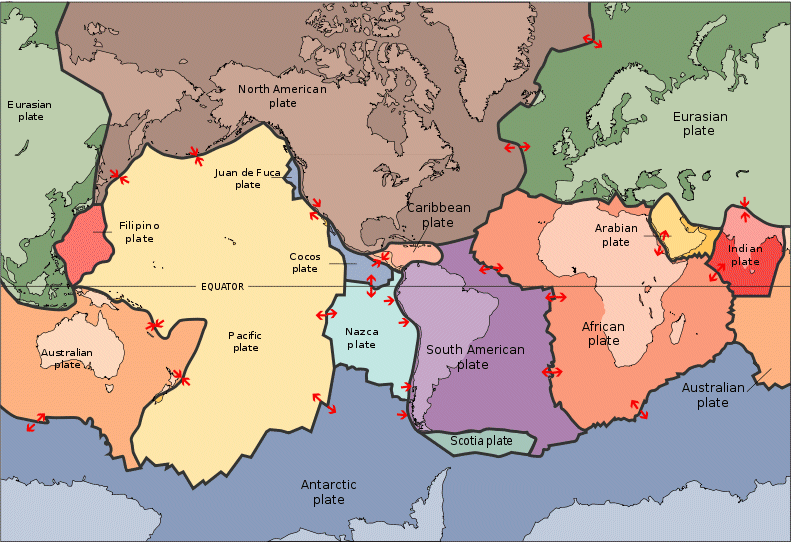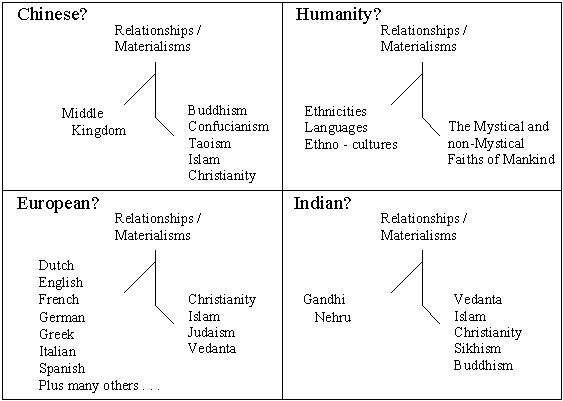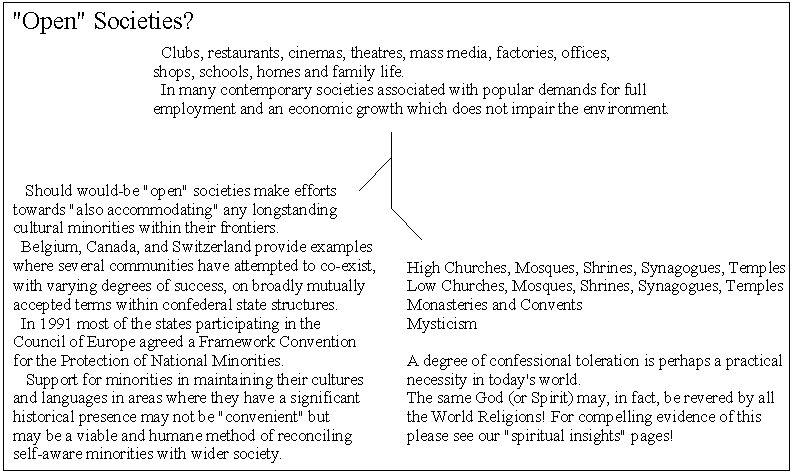
divergent spreading convergent transform volcanoes earthquakes
main tectonic plates boundaries boundary types divergent spreading convergent transform volcanoes earthquakes |
| Home > Tectonic Plates > boundaries and boundary types |
A revised and updated version of this page is available!!!
Click here
|

Image showing fifteen of the main tectonic plates and their boundaries.
The red arrows show the direction of drift at the plate boundaries.
| (N.B. Some sources continue to show the Indian and Australian plates featured here as
a single Indo-Australian plate.)
By the 1960s science accepted a theory of Plate Tectonics where the "solid plates" of a so-called Lithosphere - be they continents or ocean floor - effectively "float" on a so-called Asthenosphere, of underlying rock that is under such high pressure and high temperature conditions as to permit slight flows of movement that over geological timescales have had a cumulative effect that has distinctly shaped our planet. The fact that ocean floor as well as continental expanses seem to be solid plates has tended to discredit the term - continental drift - and to establish the alternative term - plate tectonics. The three main Tectonic Plates boundary types
Generally speaking Divergent / Spreading plate boundaries do not seem to dramatically feature earthquakes but there is continuous volcanic activity along a ridge marking the - constructive - divergence of the plates. Such divergences take places at various long ridges on the Earth's crust where there is an upswelling of materials from deep in the Earth. This upwelling represents the engine behind tectonic plate movements as newly-forming crust displaces pre-existing crust such that existing plates - despite their unimaginable weight are 'pushed' away from the upswelling ridge. This gigantic push effect results in movements of entire plates of the earth's crust towards opther plates where there are meetings - at prodigious pressures - with adjacent plates giving rise to the other main tectonic plates boundary types - convergent and transform. At Convergent tectonic plate boundaries there are deep-seated earthquakes as one plate - typically composed of 'lighter' oceanic lithosphere - undergoes occasional, violent and destructive subduction under another - typically continental - plate. There are volcanoes evident as the planet digests the Earth's former crust that has undergone such subduction. At Transform tectonic plate boundaries there are occasional violent and shallow-seated volcanoes as plates abruptly slide against each other. |
|
The Wisdoms and Insights available on our
site include some about Human Existence itself:-
![]()
"...man is a bundle of relations, a knot of roots,
whose flower and fruitage is the world..."
Ralph Waldo Emerson
![]()

It seems highly likely that such Human-innate
"bundles of relations and knots of roots"
give rise to the "World" of Human Societies!!!

|
Return to start of
The main Tectonic Plates
boundaries and boundary types page